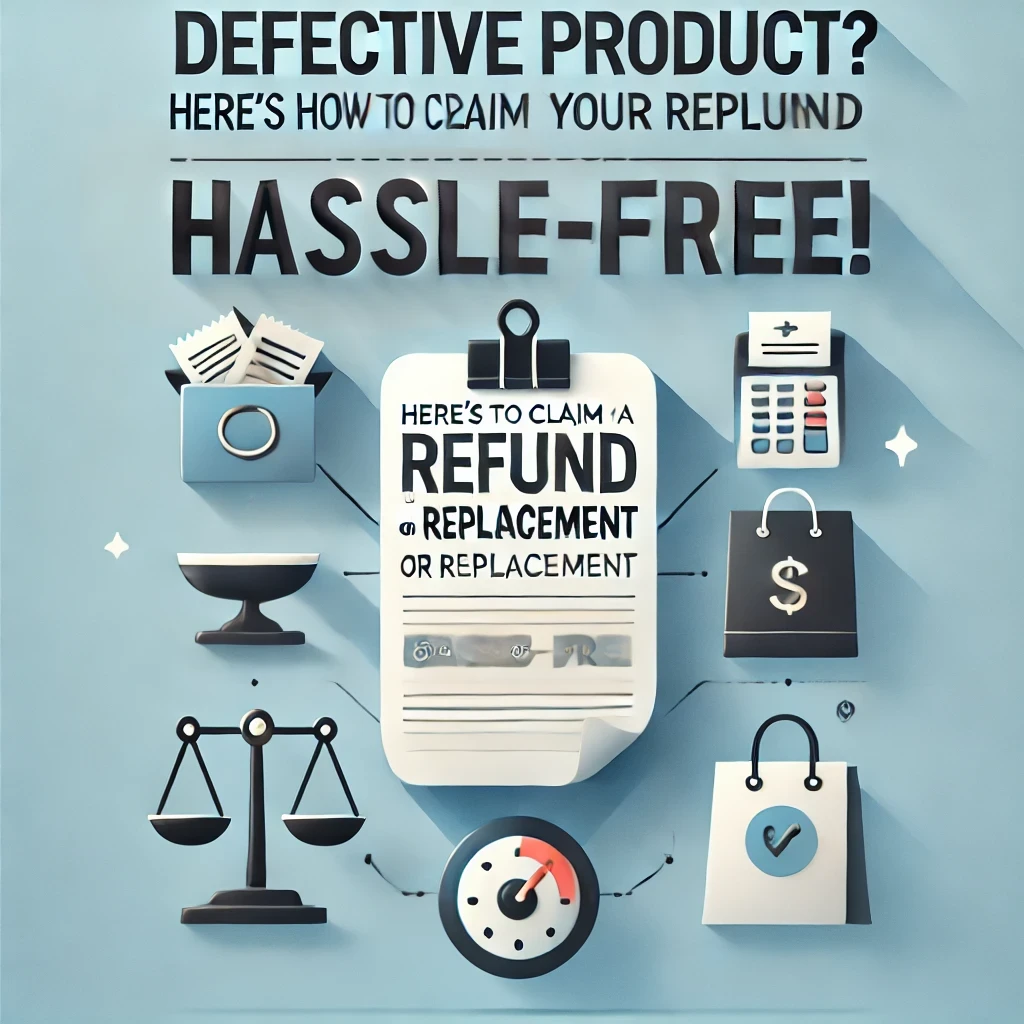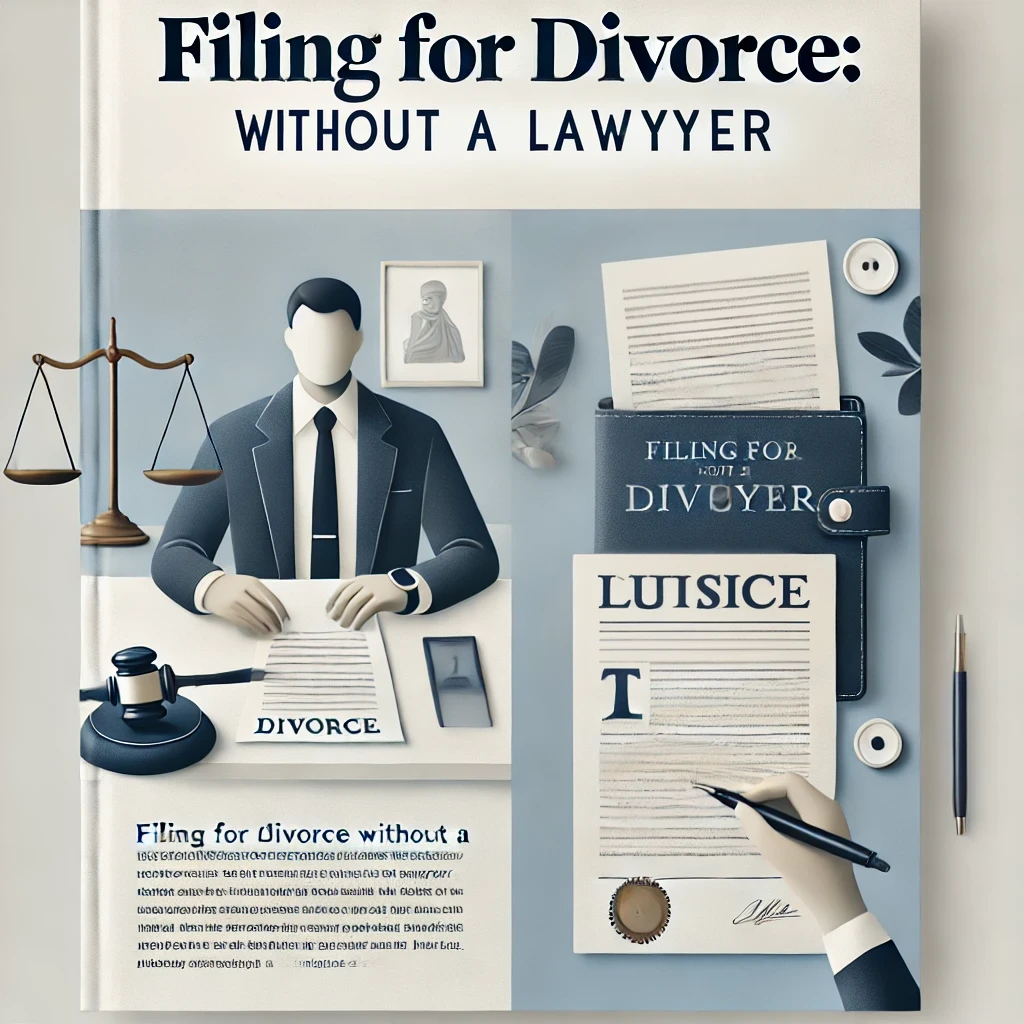
Understanding Your Legal Rights: Can You Sue for Unpaid Invoices?
Introduction to Unpaid Invoices
For many small business owners and freelancers, dealing with unpaid invoices is a frustrating reality. You've delivered your goods or services, yet the payment you expected doesn't arrive. This situation can lead to stress, cash flow issues, and potentially jeopardize your business. You may wonder, 'Can I sue for unpaid invoices?' The answer is yes, but navigating the legal landscape can be daunting. This comprehensive guide will equip you with the information you need to understand your legal options, the steps to take, and the pitfalls to avoid when pursuing unpaid invoices. Knowing when and how to take legal action can not only recover your lost revenue but also provide you with peace of mind.
Key Takeaways
- Understanding Your Rights
- Steps to Take
- Legal Options Available
- Potential Outcomes
- When to Seek Legal Help
You have the right to pursue payment for services rendered.
Gather documentation and communicate with the client before escalating the situation.
Consider small claims court, debt collections, and mediation as potential paths.
Know the possible outcomes, including settlement, judgment, or dismissal.
Consult a legal expert if your efforts do not yield results.
Step-by-Step Guide to Sue for Unpaid Invoices
- Step 1: Evaluate the Situation
- Step 2: Document Everything
- Step 3: Try to Resolve the Issue Amicably
- Step 4: Send a Formal Demand Letter
- Step 5: Explore Legal Options
- Step 6: File a Claim
- Step 7: Prepare for Court
- Step 8: Attend the Court Hearing
- Step 9: Follow Up
Begin by reviewing the terms of your contract with the client. Ensure that the invoice is accurate and that you have fulfilled all obligations as per the agreement.
Collect all relevant documentation, including the original contract, invoices, emails, and any communication regarding the payment. This will serve as evidence if you proceed with legal action.
Before resorting to legal action, attempt to contact the client directly. A friendly reminder or a polite phone call can often resolve misunderstandings.
If communication fails, draft a formal demand letter outlining the amount owed, the due date, and the consequence of legal action if the payment is not received. This letter can act as a precursor to legal action.
If payment is still not forthcoming, consider your legal options. Small claims court is a common choice for unpaid invoices, with a limit on the claim amount varying by state.
If you choose to file in small claims court, complete the necessary paperwork and file it with the court. You will need to pay a filing fee and provide evidence of your claim.
Gather all your documentation and prepare a clear, concise explanation of your case. Be ready to present your evidence and answer questions from the judge.
On the day of the hearing, arrive early, dress professionally, and present your case clearly and respectfully. Listen to the judge's instructions and respond accordingly.
If the court rules in your favor, ensure you have a plan for collecting the judgment. If you lose, consider whether an appeal is warranted.
Legal Insights and Common Pitfalls
When considering legal action for unpaid invoices, it's essential to understand the legal framework surrounding debt collection and the potential pitfalls. One critical aspect is the statute of limitations, which varies by state and can affect your ability to sue. For instance, in some states, you may only have three years to file a lawsuit after the invoice is due. Additionally, consider the costs associated with litigation. Small claims court is designed to be accessible, but filing fees, potential attorney fees, and the time spent preparing for court should be factored into your decision-making process. Furthermore, failing to communicate clearly with your client can lead to strained relationships and potential damage to your reputation. Always document your communications and maintain a professional tone, even when frustrated. Understanding the nuances of your local laws is crucial, as they can impact your case significantly. For example, some states have specific rules about how and when you can contact debtors, especially if they are individuals rather than businesses. Educating yourself on these laws can help you navigate your options more effectively.

Real-Life Examples of Suing for Unpaid Invoices
- Case Study 1: A Freelancer's Journey
- Case Study 2: A Small Business's Challenge
Jane, a freelance graphic designer, completed a project for a local business and submitted an invoice for $2,500. After multiple reminders, the client failed to pay. Frustrated, Jane reviewed her contract and collected all relevant communications. After attempting to resolve the issue directly, she sent a formal demand letter. When the client still did not respond, Jane filed a claim in small claims court. During the hearing, she presented her documentation, and the judge ruled in her favor, ordering the client to pay the invoice amount plus court fees.
A small landscaping company provided services to a commercial property and invoiced $10,000. After several months without payment, the owner decided to pursue legal action. They documented all communications and attempted to settle the matter amicably. When these efforts failed, they filed a claim in small claims court. The property manager contested the claim, but the landscaping company had sufficient evidence of the agreed-upon terms and services rendered. The court ruled in favor of the landscaping company, demonstrating the importance of thorough documentation.
FAQs
- What is the statute of limitations for unpaid invoices?
- Can I charge interest on unpaid invoices?
- What should I include in a demand letter?
- What if my client countersues?
- Is it worth suing for a small amount?
The statute of limitations for unpaid invoices varies by state and usually ranges from three to six years. It is crucial to be aware of these timelines to ensure you file your claim within the allowed period. For example, in California, the statute is four years for written contracts, while in New York, it's six years. Always check your local laws for specifics.
Yes, many businesses can charge interest on unpaid invoices, provided this clause is included in the original contract or agreement. The interest rate must comply with state usury laws, which dictate the maximum allowable interest you can charge. For instance, in some states, interest rates over 10% may be considered excessive.
A demand letter should clearly state the amount owed, the services rendered, the due date of the invoice, and a request for payment by a specific date. It can also mention the potential for legal action if payment is not received. Ensure to keep the tone professional and include any relevant documentation as attachments.
If your client countersues, it is crucial to respond promptly with evidence to support your original claim. Prepare to prove the validity of your invoice and the services provided. This may require additional documentation, such as contracts, emails, and records of communication. Stay focused on the facts and remain professional throughout the process.
Whether it is worth suing for a small amount depends on the specific circumstances, including the costs involved in legal action and the likelihood of recovering the debt. Small claims court can be a cost-effective solution for smaller amounts, but consider your time and effort as well. In some cases, negotiating or settling the matter outside of court may be more beneficial.
Additional Resources for Further Assistance
If you're facing issues with unpaid invoices and need further assistance, consider contacting the following resources: your local Small Business Administration (SBA) office, legal aid clinics, or professional organizations in your industry. Websites like the American Bar Association can also provide guidance on finding qualified attorneys specializing in debt collection.
Conclusion: Take Control of Your Finances
Dealing with unpaid invoices can be a frustrating experience, but understanding your legal options empowers you to take control of your finances. By following the steps outlined in this guide, you can effectively navigate the process of pursuing payment for your services. Remember that communication is key; many disputes can be resolved before they escalate to legal action. However, if necessary, utilizing the court system can serve as a means to recover what you are owed and protect your business's financial health. Should you need assistance or legal advice tailored to your specific situation, do not hesitate to reach out for professional help.
Contact Lex Harper Today!
If you find yourself struggling with unpaid invoices or need help navigating your legal options, don’t hesitate to contact me, Lex Harper. With years of experience in legal consulting, I'm here to provide the guidance you need. Visit my website or call today to schedule a consultation and ensure your rights are protected!





Comments